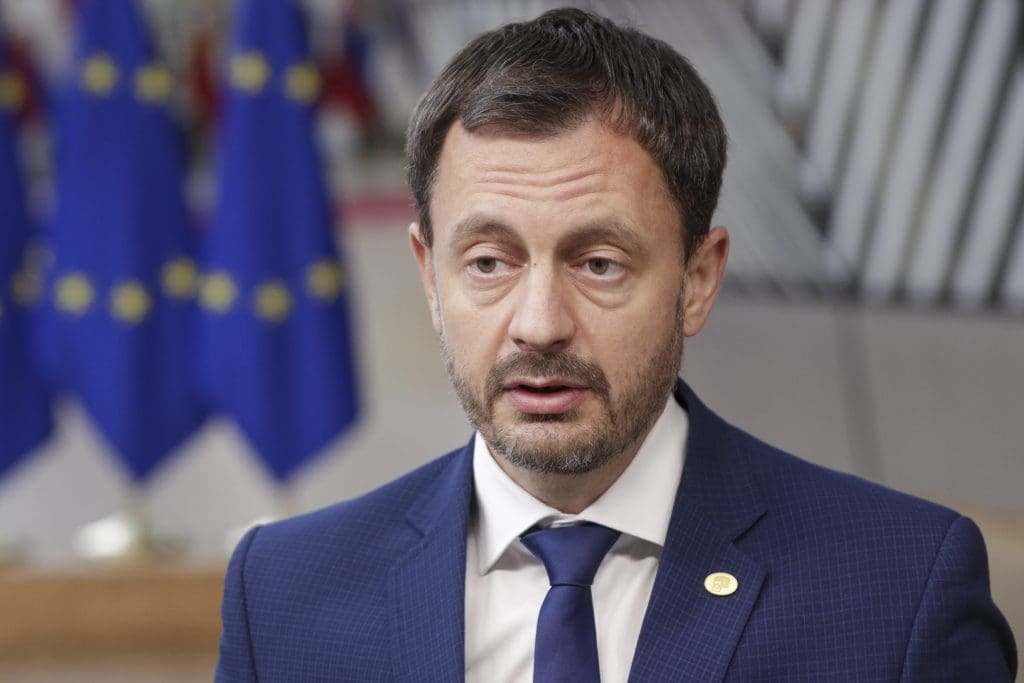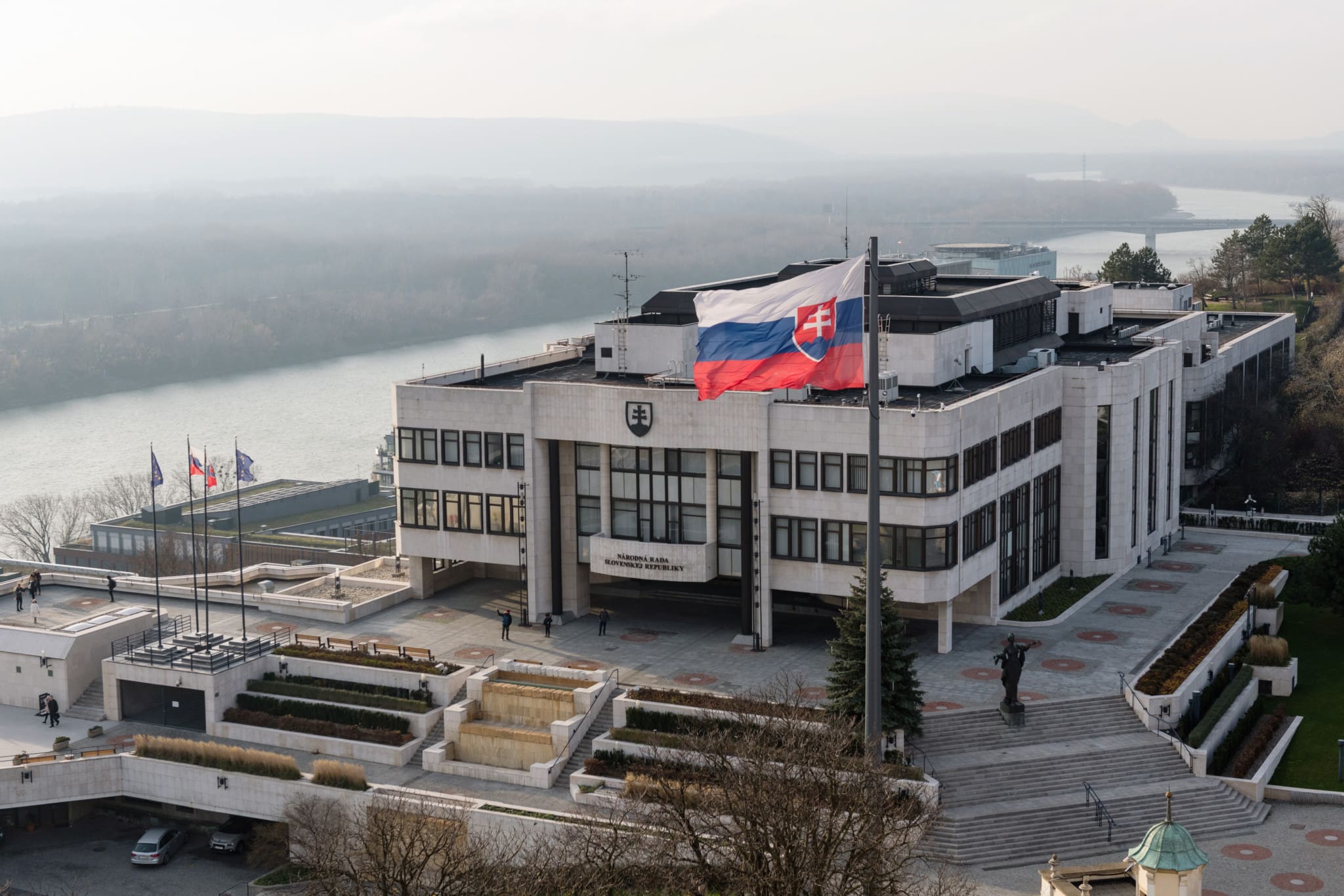The small former communist bloc European country is currently fighting an existential battle for its future on two decisive fronts: one internally, and another one against an international network. On the first front, the fight against corruption and organized crime has reached a new high, with news about a secret recording of former Prime Minister Robert Fico discussing currently ongoing court cases against Slovakia’s criminal network with persons who themselves have alleged tied to organized crime.
Another battle rages between the country’s conservative politicians and liberal parties over a new proposal that would set stricter controls over abortions, but would also offer greater protection to pregnant women, particularly against domestic violence.
The legal proposal presented by the Christian Union (KU) government MP Anna Záborsrká would raise the cool-off period for women requesting abortion from 48 hours to 96 hours. This, according to the supporters of the new law, would give more time for women weighing up all possible arguments for and against keeping the fetus before making an irreversible decision.

The Záborská law, as it came to be known in Slovakia, also aims to help families raising disabled children financially, or supporting women who want to keep their pregnancy a secret with child support payments from as early as week 21 of the pregnancy. The law would also create shelters for women who are subject to abuse or violence during their pregnancy. They would be entitled to use these facilities for up to three years after giving birth.
The proposal immediately came under fire from Slovakian liberals who regard anything that could potentially hinder abortion as a violation of women’s rights, but they have also managed to trigger an international response through their global progressive political networks.
The opening salvo came from the Council of Europe Commissioner for Human Rights, Dunja Mijatovic, who wrote last year that “the new draft law again intends to introduce restrictions on accessing safe and legal abortion services.” She also complained that the law would go against the recommendations of the World Health Organization and “would bring the laws and practices of the Slovak Republic into conflict with its international obligations, and which would put the rights of women in the country at risk.”

Mijatovic did not react to critics who asked her why she had no issues with the Netherlands, where the cool-off period is five days, or Belgium, where it is six days.
The artificially inflated media outcry over the Slovak Christian Union’s attempt at helping pregnant women to make a decision to keep their child and to help them in overcoming adverse circumstances after giving birth united the international abortion lobby against the Slovak government with lightning speed. Shortly after the threats from Mijatovic were published, a letter signed by no less than 111 human rights organizations was sent to the Slovak government demanding an immediate withdrawal of the proposal. Many of them, just as the commissioner herself, had direct ties to George Soros’ Open Society Foundation.
A Slovak NGO called Via Iuris also gathered some 30,000 signatures of people opposing the new proposal, yet they were also revealed as ones financially supported by Soros’ Open Society Foundation. The revelations were particularly damaging for Slovakia’s ultra-liberal president Zuzana Caputová, as she is a former high-ranking member of Via Iuris.
The Záborská law, however, received a significant boost this month when Slovakia Prime Minister Eduard Heger stood up for his junior coalition partner’s proposal. In an interview for the conservative news portal Postoj.sk, Heger revealed his intention to vote for the new child-protection law.
“I am a conservative, I stand by the protection of life,” he stated. He also confirmed his belief that a human is a human from the moment of conception, and is entitled to protection right from this moment, a position that abortion lobbyist groups dispute.






